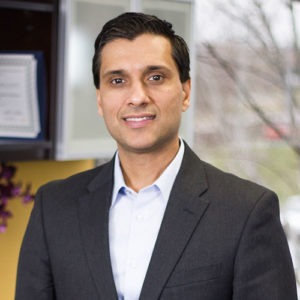Social services key to delivering senior healthcare at lower cost
Providing social services such as transportation, caregiver resources and other support services could be the key to getting seniors to follow up on their healthcare regimens and avoid costlier care later, according to a study published in the March issue of Health Affairs journal.
The study examined seven care programs that included social services as a main component. The inclusion of social services had a surprising effect on reducing the costs of healthcare delivery overall, researchers noted.
One of the senior programs for examined in the study, Massachussetts’ Senior Care Options, is a package program of organized care and social services for low-income seniors provided through a partnership between MassHealth and Medicare. Those who opt for the plan receive all the standard primary care services, but also are eligible for transportation to and from services, adult day care, geriatric support services, mental health services, and 24-hour medical support, including home visits.
The social services component within the Senior Care Options plan seems to be having an impact. The hospital days per 1,000 members have dropped to nearly half of the rates for those who did not have a social services component, according to the study.
“The evidence suggests that coordinated efforts to identify and meet the social needs of patients can lead to lower health care use and costs, and better outcomes for patients,” the study authors wrote. “Unfortunately, fragmentation presents a major barrier to integrating the health care delivery and social service system. The two systems operate with separate funding streams, different delivery vehicles and eligibility rules, varying training programs and expectations, and differences in terminology that hamper communication.”
The physical, psychological and social barriers to healthcare among the elderly have long been recognized by the National Institutes of Medicine. In a 2004 study published in the American Journal of Public Health, the top five reasons why seniors had problems seeing a doctor included transportation difficulties (#3) and fear of safety on the streets (#4).

Pamela Tabar was editor-in-chief of I Advance Senior Care from 2013-2018. She has worked as a writer and editor for healthcare business media since 1998, including as News Editor of Healthcare Informatics. She has a master’s degree in journalism from Kent State University and a master’s degree in English from the University of York, England.
Related Articles
Topics: Accountable Care Organizations (ACOs) , Advocacy , Executive Leadership , Facility management , Medicare/Medicaid , Regulatory Compliance










